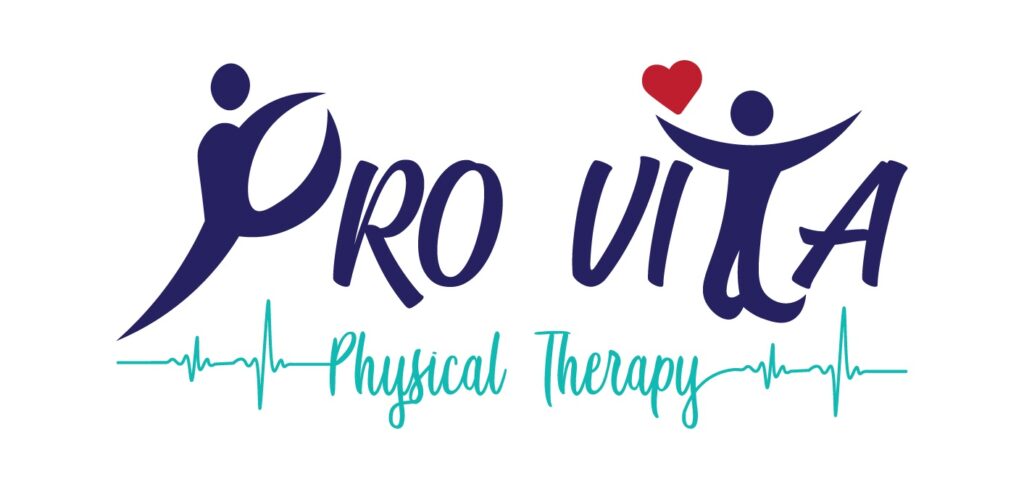Sleep is essential for our overall health and well-being. It allows our bodies to recover, boosts our mood, and enhances mental clarity. Unfortunately, many people struggle with getting enough high-quality sleep. In fact, 62% of Americans experience sleep problems several nights a week—and this number is likely even higher, as sleep issues often go underreported.
Physical therapists (PTs) are uniquely equipped to help improve sleep quality by addressing the physical factors that can disrupt rest. Whether it’s managing pain or creating relaxation routines, PTs provide the tools needed for a better night’s sleep. Here’s how physical therapy can help and some simple tips to improve your sleep habits.
The Importance of Sleep
Sleep is vital for several key aspects of health:
1. Physical Health
Sleep is crucial for body repair and recovery. It helps your body heal from injuries, supports immune function, and reduces inflammation. Getting enough restful sleep strengthens your body’s defenses and reduces the risk of illness.
2. Mental Clarity
Sleep deprivation can affect your ability to concentrate, make decisions, and remember information. In contrast, a good night’s sleep allows your brain to function at its best, improving focus, memory, and overall mental performance.
3. Emotional Well-Being
Poor sleep can significantly impact your mood, leading to irritability, mood swings, and higher stress levels. On the other hand, restful sleep promotes emotional stability, enhances resilience, and fosters a more positive outlook.
How Physical Therapy Can Help Improve Sleep Quality
Physical therapy can be a powerful tool for improving sleep quality by addressing the root causes of sleep disruptions, such as pain and physical discomfort. Here’s how a PT can help you sleep better:
1. Assessing and Addressing Physical Pain
Pain is one of the most common barriers to restful sleep. Whether it’s from an injury, chronic condition, or poor posture, physical discomfort can prevent you from falling asleep or staying asleep. A PT can assess the source of your pain and create a personalized treatment plan to address it, making it easier for you to sleep. In fact, not getting enough sleep can make you more sensitive to pain, creating a cycle that worsens both issues.
2. Teaching Relaxation Techniques
Physical therapists often incorporate relaxation techniques that help reduce physical and mental tension, making it easier to unwind before bed. Methods like deep breathing exercises, gentle stretching, and progressive muscle relaxation can calm the nervous system and prepare your body for a restful night of sleep.
3. Creating a Personalized Exercise Plan
Physical activity can significantly improve sleep quality. A PT can design an exercise program tailored to your needs, helping to alleviate tension and promote relaxation. Regular, low-impact exercise—especially when done in the evening—can help you wind down and prepare your body for rest.
4. Improving Your Sleep Environment
Your physical therapist can also help you optimize your sleep environment. This includes advice on selecting the right mattress, pillows, and bedroom setup to ensure a comfortable, restful space. A well-designed sleep environment plays an important role in achieving better sleep quality.
Additional Tips for Better Sleep
In addition to working with your PT, here are a few steps you can take to improve your sleep habits:
- Stick to a Consistent Sleep Schedule: Go to bed and wake up at the same time each day, even on weekends. A consistent sleep schedule helps regulate your internal body clock, making it easier to fall asleep and wake up naturally.
- Limit Screen Time Before Bed: The blue light emitted by phones, computers, and televisions can interfere with your body’s production of melatonin, the hormone responsible for regulating sleep. Try limiting screen exposure for at least an hour before bedtime.
- Create a Relaxing Bedtime Routine: Establish a calming pre-sleep routine, such as reading a book, listening to soothing music, or taking a warm bath. These activities help signal to your brain that it’s time to wind down.
- Be Mindful of What You Eat and Drink: Avoid large meals, caffeine, and alcohol close to bedtime, as these can disrupt your sleep cycle. Opt for light, sleep-friendly snacks if needed.
- Optimize Your Sleep Environment: Keep your bedroom cool, dark, and quiet. A comfortable sleep setting can significantly enhance sleep quality, helping you feel more rested in the morning.
Conclusion
Sleep is crucial for physical health, mental clarity, and emotional well-being. Physical therapy plays a key role in improving sleep quality by addressing physical pain, incorporating relaxation techniques, and creating personalized exercise plans. By combining these strategies with healthy sleep habits, you can experience more restful nights and energized days.
Remember, improving sleep quality with physical therapy can lead to the restful nights you deserve. A good day truly starts with a good night’s sleep!
Check out these Links:
National Sleep Foundation https://www.sleepfoundation.org/
Sleep Disorders and Treatment Options https://www.mayoclinic.org/diseases-conditions/insomnia/symptoms-causes/syc-20350403
Harvard Medical School – Sleep and Health https://www.health.harvard.edu/newsletter_article/sleep-and-health
Research on Exercise and Sleep https://pubmed.ncbi.nlm.nih.gov/

